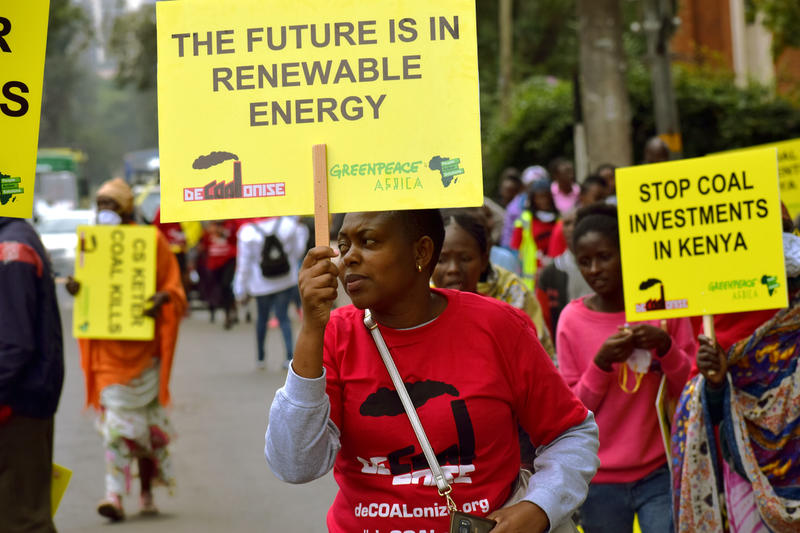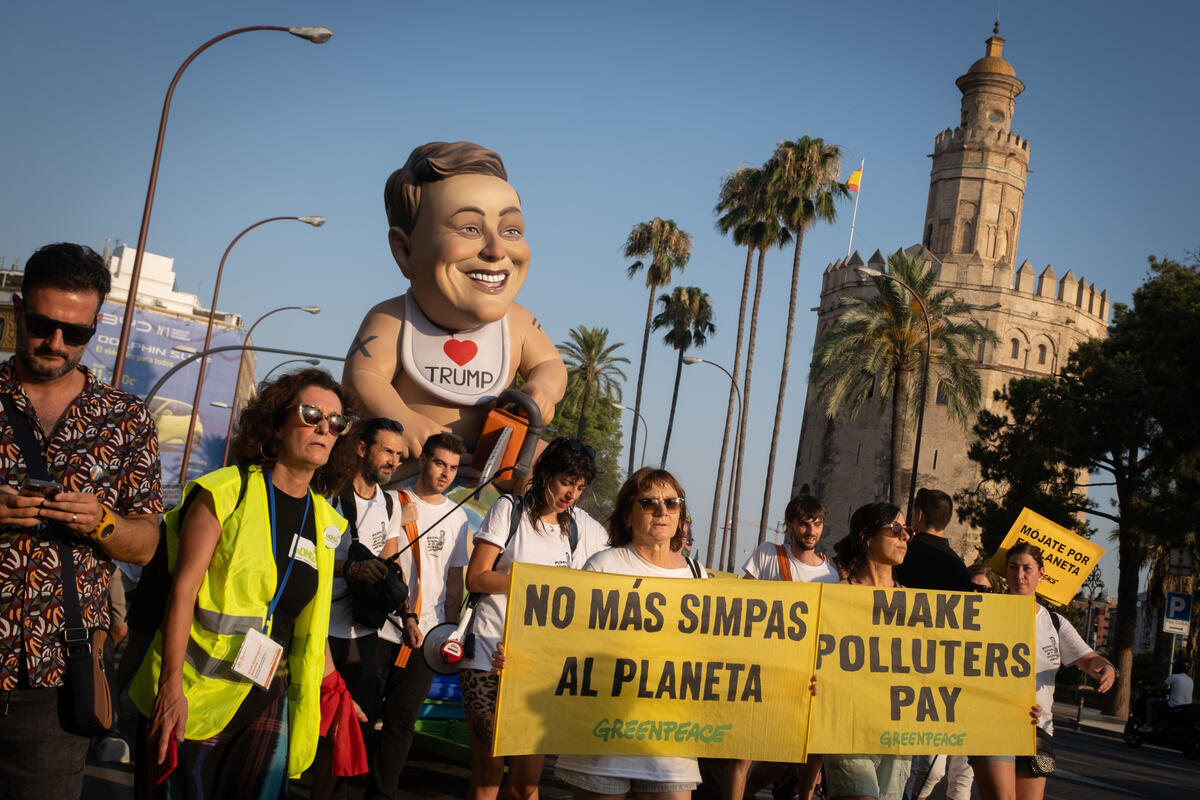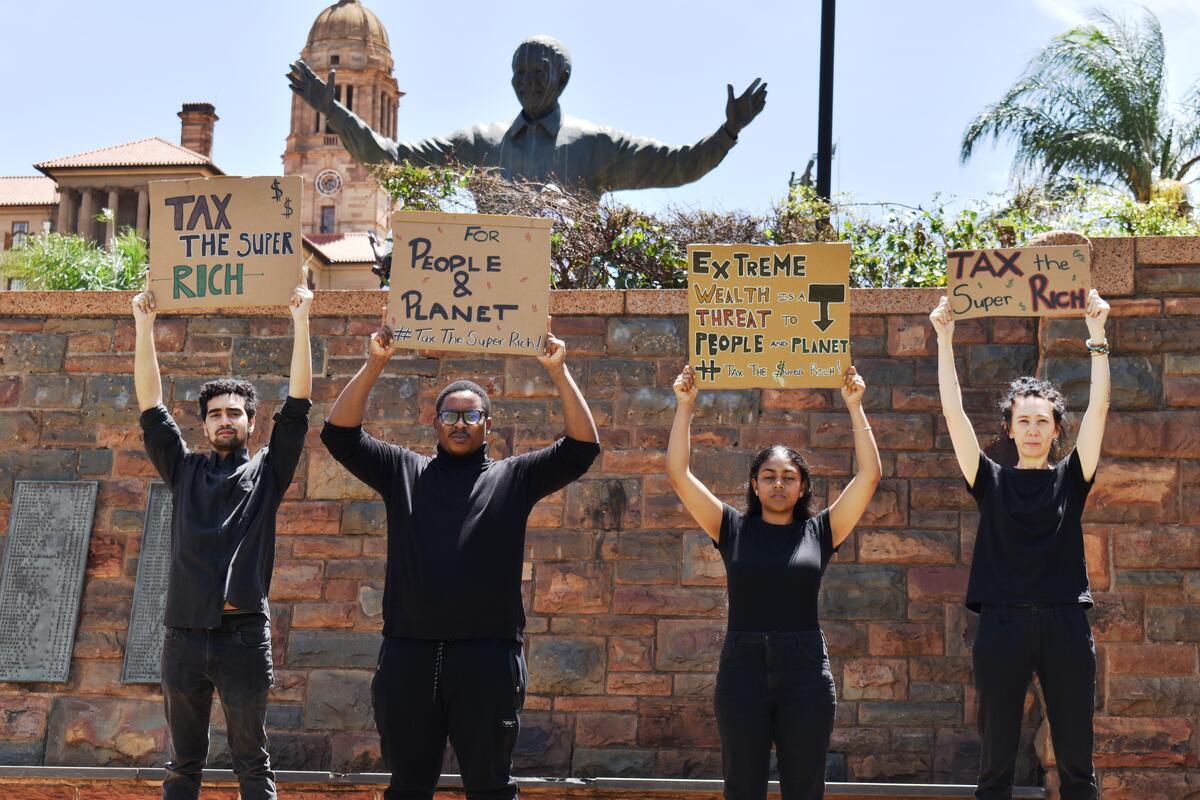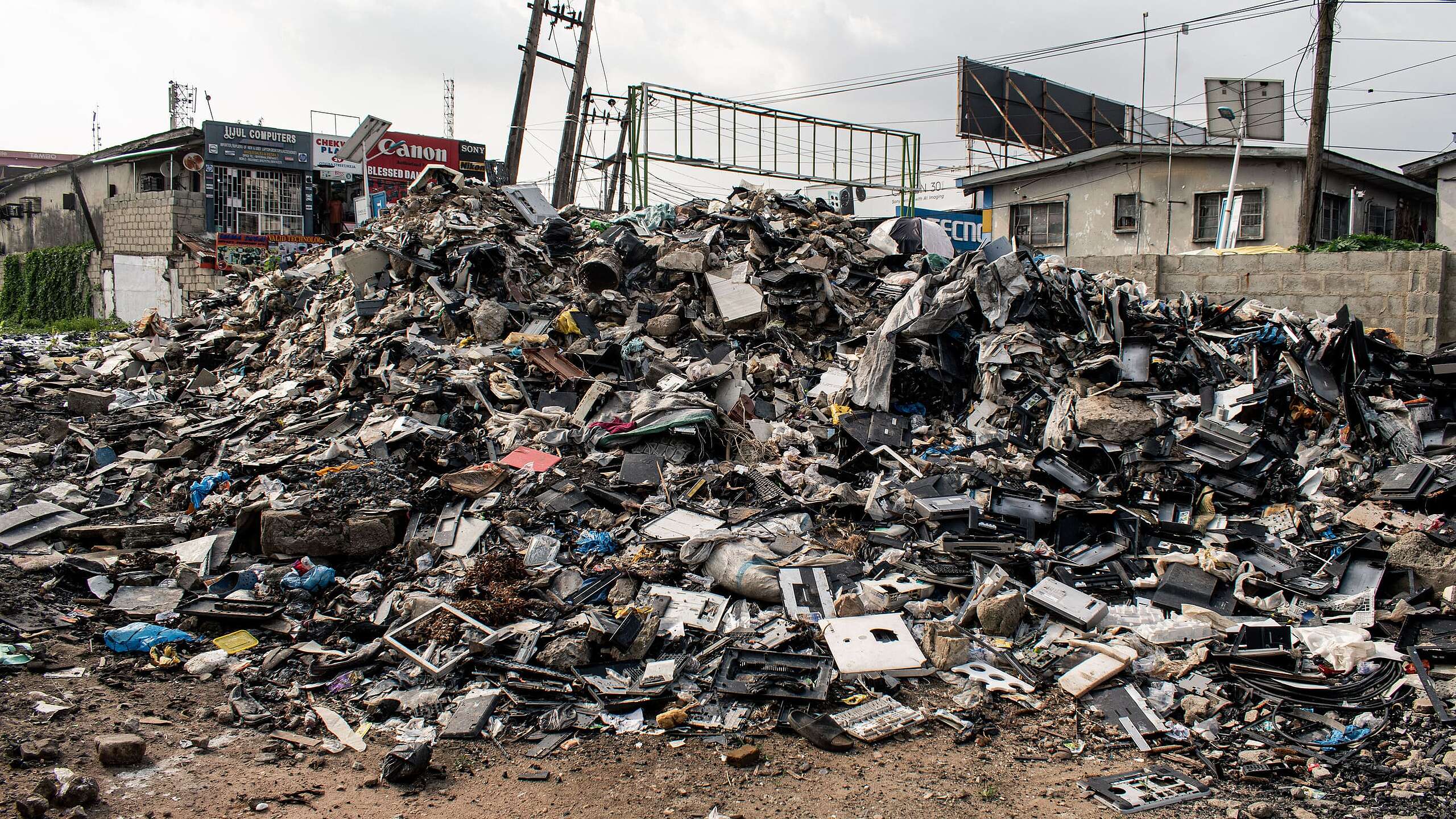
Access to affordable and safe electricity is important for sustainable development and basic household use. It’s therefore no surprise that more residents in the rural and peri-urban settlements are embracing affordable and more reliable renewable sources of energy such as solar power. According to a recent media report, there’s a higher percentage of rural residents using off-grid solar power compared to power from the national grid. This has been highly attributed to the high cost of electricity placed on consumers and connection to unreliable and unstable electricity grids.
Closing the cost and connectivity energy gap for rural settlements calls for investments in decentralised renewable energy systems. The undeniable mounting demands for infrastructure and basic needs especially in rural setups demands the need to have readily available and affordable sources of power. Kenya’s lack of stable electricity supplies due to infrastructural constraints in the rural set-ups has resulted in many households opting for use of the fossil fuels such as kerosene and small diesel generators. The use of fuels such as kerosene has had a lot of impacts on many communities across Kenya. Indoor pollution from fumes emanating from burning kerosene have caused many respiratory illnesses, costing families and the country a lot of resources. It is high time investments shifted for the benefit of consumers, majority of which live in rural areas and are not connected to the central grid. To overcome the challenges presented by air pollution from dirty fuels, and provide Kenyans with the opportunity of developing themselves, there is need to invest in decentralized energy systems powered by renewable energy options or sources.
Wake up call.
Clever investors are moving away from fossil fuels such as coal. Just recently, The Industrial and Commercial Bank of China ditched its decision to invest in the problematic Lamu Coal power plant, that is to be installed along Kenya’s Indian Ocean coast. Last year, 2019, The African Development Bank also abandoned its plans to invest in the controversial 1,050 MW coal-fired power plant. In June, 2019, the National Environmental Tribunal revoked the license issued to the consortium, including Amu Power Company, to establish the fossil fuel project. All these, among others, show that fossil fuel industry is collapsing. There is a new revolution of renewables that is people focused and not for profit as has been the case with the dying industry. This should serve as a wake-up call to the Kenyan authorities that it is time to invest its efforts in renewables and possibly become a world leader in clean energy supply to Kenyans.
Climate meltdown
Africa has been experiencing unprecedented impacts caused by the global climate crisis; changing weather patterns, floods, drought, rising temperatures and sea levels affecting human and aquatic lives. Instead of having the normal planting seasons, rains are nowadays leading to floods that destroy crops and displace communities from their homes. More climate-sensitive diseases such as heat stress and increased rate of malnutrition are being experienced. Numerous studies have shown that one in four people is undernourished in Sub-Saharan Africa, and the situation gets dire with increased levels of climate change. African countries need to declare a Climate Emergency.
Way forward.
In order to reduce the rate of climate change, investments in the energy sector made by African governments need to be more sustainable and equitable. Kenya and other developing countries, in addition to their own national objectives, have jointly committed to significantly reduce emissions to curb the effects of climate change. Honoring these commitments starts with developing well-designed national policies and having a clear vision on renewable energy that keeps the country on a sustainable path rather than turning to power drawn from dirty fuels such as coal and nuclear plants. Energy sourced from renewable energy has increased over the past year. Locally, creating a fiscal space for more research and development will allow a fast and time-bound transition to sustainable development. Studies have shown that technological advancements in wind and solar energies have led to increased production of clean, efficient energy. The Kenyan government should use the opportunity to install renewable energy such as solar which is affordable and accessible even for the rural communities.
More climate change education should be encouraged. Based on recent studies, there is a need for more capacity development and creation of more environmental awareness while targeting a broader range of audiences, from skilled and informed experts to marginalized rural communities. Additionally, climate change education should transcend conventional knowledge and focus on a more human-based approach.
Call to action
Demand Climate action now, ask your government to declare a climate emergency and take climate action now.
Annastacia Kuria,
Greenpeace Africa Volunteer and Activist.



